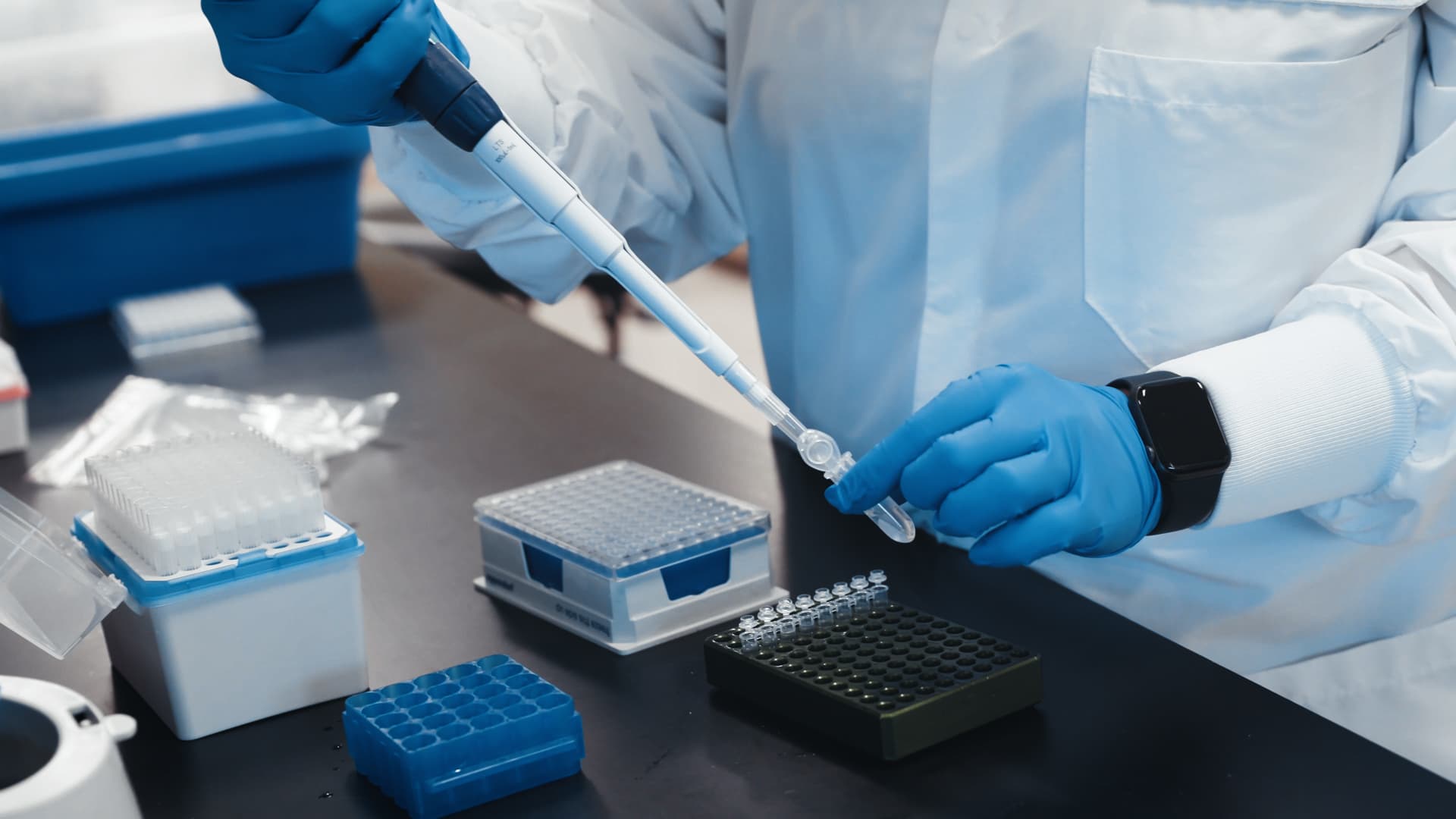
Wastewater SCAN Research
WastewaterSCAN is committed to transparency and open science. Our researchers publish in scholarly journals regularly to share insights to advance the field of wastewater-based epidemiology. This includes a growing list of more than 22 peer-reviewed papers and preprints based on research involving researchers at Stanford, Emory, and Verily and collaborations with the California Department of Public Health and Santa Clara County, California. We also contribute data to the CDC National Wastewater Surveillance System (NWSS).
Research
April 08, 2024
March 21, 2024
March 19, 2024
November 28, 2023
October 20, 2023
Protocols
WastewaterSCAN data and methods are open source and available. Our methods for pathogen testing and controls to manage variations in samples are published for use by other scientists, public health officials, and wastewater monitoring programs.